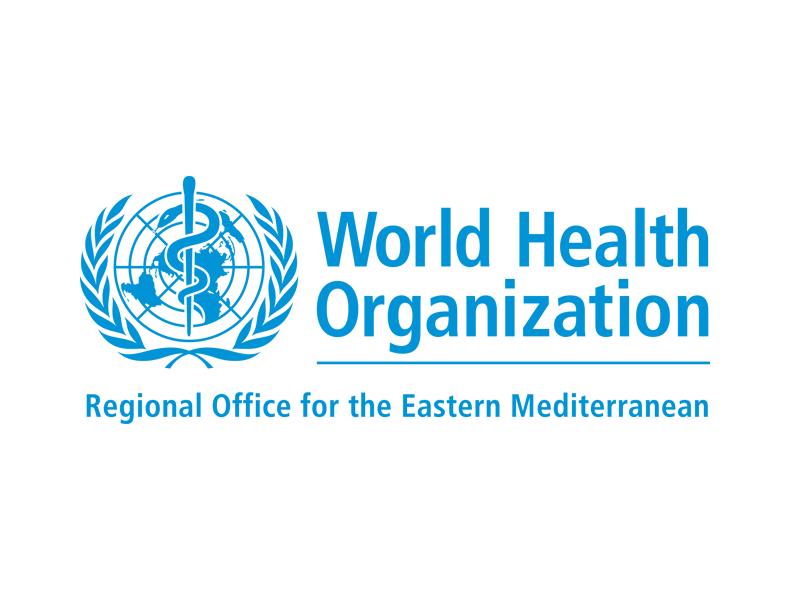
19 August 2023, Cairo, Egypt – On this World Humanitarian Day, we come together to recognize the unwavering dedication and compassion of communities, humanitarian workers, and health care workers who tirelessly serve those in need worldwide.
This years theme, "No Matter What", resonates deeply as we reflect on the challenges faced by the humanitarians caught in crises and their remarkable efforts to alleviate the suffering of those around them.
This year’s World Humanitarian Day coincides with unprecedented culminating crises and emergencies worldwide and, most significantly, in WHO’s Eastern Mediterranean Region.
The number of people in need of humanitarian assistance in the Region has spiked massively, increasing by 91% since 2020 due to the COVID-19 pandemic, conflict and displacement.
127 million people in our Region are currently in need of humanitarian aid, representing 37% of people in need globally. In Sudan, the number of people in need has increased by 57% since April 2023 as a result of the war. Eight countries —Afghanistan, Iraq, Libya, occupied Palestinian territory, Somalia, Sudan, Syria, and Yemen —already experience protracted crises exacerbated by armed conflict, population displacement, disease outbreak, hunger, and natural disasters.
Most significantly, in 2022 and 2023, we responded to 5 of the worlds 10 largest natural disasters, including droughts, massive flooding and earthquakes in the Greater Horn of Africa, Pakistan, Syria and Afghanistan.
Twelve of the Regions 22 countries/territories are experiencing armed conflict resulting in an increased trauma burden, displacement and attacks on health care. As a result of the war in Sudan, a devastated health system is struggling to respond to ever increasing needs, and already vulnerable populations are facing challenges related to displacement, food insecurity and circulating disease outbreaks.
In 2023, people in our Region are facing the threat of 49 disease outbreaks, including cholera, measles, COVID-19 and other public health emergencies of international concern.
Disrupted health systems contribute to increased morbidity and mortality from infectious diseases, malnutrition, obstetric complications and noncommunicable diseases.
The burden of these emergencies on communities, humanitarian aid workers and health care workers is increasing, forcing them to live and operate under extremely challenging circumstances.
But despite these immense challenges, they continue to demonstrate the spirit of solidarity and resilience that defines our shared humanity. From launching community and volunteer initiatives to supporting the health response, and providing vital medical care and nutrition, to delivering clean water and fuel to health facilities, their selfless contributions save lives and offer hope in the darkest times.
As we commemorate this day, let us also honour the memory of those who have lost their lives in the pursuit of helping others. Let us also express our profound gratitude to the brave individuals who continue to serve on the frontlines, often in difficult circumstances. Their dedication is a testament to the power of compassion and the impact that humanitarian action can have on the lives of millions.
WHO remains steadfast in its commitment to support humanitarian initiatives that prioritize health and well-being. We stand united with our donors and partners to provide essential medical supplies, expertise and resources to respond to emergencies and build resilient health systems.
Our staff across multiple emergencies in the Region are staying on the ground and working tirelessly to ensure access to health remains possible, no matter what, in line with the theme of this year’s World Humanitarian Day.
On this occasion, let us recommit to our shared responsibility to uphold the principles of humanity, neutrality, impartiality and independence. By working hand in hand, with our regional vision of Health for All, by All, we can create a more just and equitable world where every individuals right to health and well-being is upheld.









